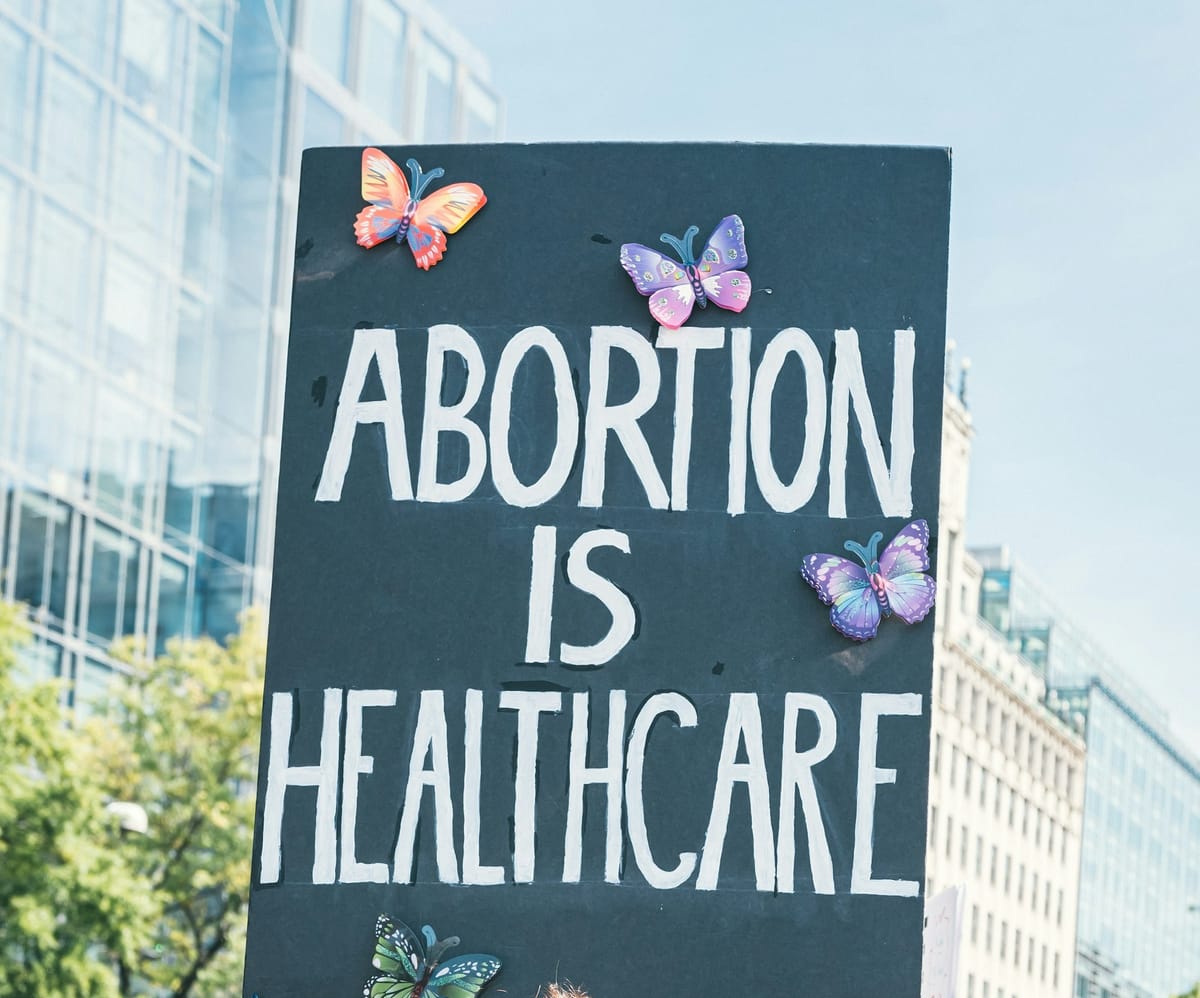When Global Reproductive Rights Groups Step In

For decades, international organizations devoted to reproductive healthcare have operated in some of the harshest autocracies and authoritarian regimes around the world. Now, thanks to new laws that have reshaped where abortion can and cannot be accessed in the United States, places like Texas are receiving attention from those organizations.
One of those international organizations is Ipas, whose mission is to expand abortion care and contraception. They currently operate in five continents and according to their CEO Anu Kumar, they have worked in places where abortion ranges from accessible to highly restricted. Texas now falls into that latter category.
“The stories that we’re hearing in the United States are similar to what we’ve seen around the world,” says Kumar in an interview with Texas Signal. For Kumar, what happened to Dallas resident Kate Cox was sadly not a surprising outcome when a state or nation decides to enact restrictive abortion laws. Cox was forced to flee the state after she was denied a medical abortion for a pregnancy with a fetal anomaly that threatened her life.
In El Salvador, a woman named Beatriz was similarly denied a medically necessary abortion despite the threats to her life. That’s not the only country where abortion restrictions have had dire ramifications on healthcare. “In [places like] Nicaragua, we’ve seen doctors stop life-saving treatment because they are afraid of arrest,” says Kumar.
The overall mission of Ipas remains the same now that it has shifted attention into places like Texas. They work with several abortion funds, many formal and informal networks that are helping patients access care. In many parts of Texas, abortion funds are working with clinics in Mexico, where abortion has been drastically decriminalized.
In many ways, the backward slide the United States has entered when it comes to abortion access is an aberration (or a harbinger depending on what happens this November). There are just a handful of countries that have restricted abortion access in recent years, and most of them have essentially autocratic leadership like Nicaragua and Poland.
Kumar believes that Texas is already experiencing what happens when abortion bans become law. Last year, the Texas Supreme Court heard oral arguments in a lawsuit filed by the Center for Reproductive Rights on behalf of 22 plaintiffs in Texas who are seeking medical exemptions to the abortion ban in the state. Five of the original plaintiffs were denied abortions in the state and suffered a range of devastating outcomes, including sepsis and a loss of their own fertility. “Abortion bans are discrimination against women, and they have all kinds of consequences,” says Kumar.
For now, the United States remains a patchwork of various abortion laws. But that could change if far right legislators get their wish and enact a national abortion ban. As Texans join the rest of the country in voting this November, Kumar hopes that abortion remains not only a galvanizing issue but also one that becomes contextualized towards a basic human right. She notes that the leaders who tend to be opposed to abortion access are also the same leaders pushing anti-immigrant laws, rolling back LGBTQ rights, and enacting voter suppression laws throughout the country. “It’s a much broader array of human rights that are under attack,” says Kumar.






